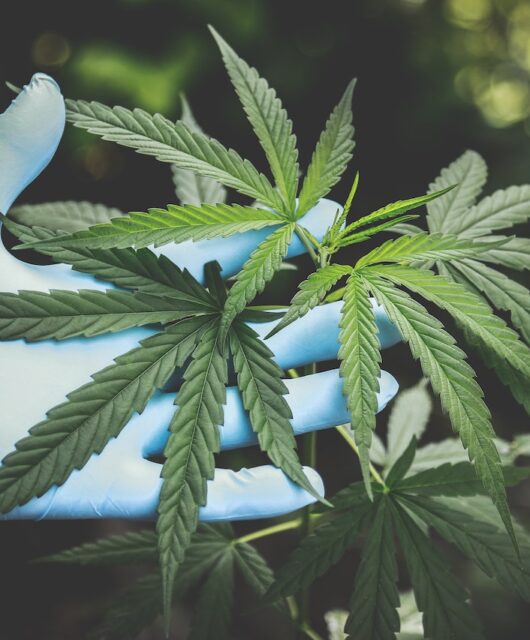How to Detox From Heroin?

The Center for Disease Control and Prevention recognizes the dangers that heroin poses to the community at large. They’ve declared heroin overdoses to be akin to an epidemic and warn that the trend is only going to get worse as time goes by. Law enforcement have responded by being more vigilant about arresting and charging offenders, both traffickers and possessors. Recently in Madison, Wisconsin, two men were arrested for attempting to sell Fentanyl-laced heroin that was in such quantity that it could have produced 2,000 injections. And while police fight heroin on the streets, heroin detox program administrators fight it behind closed doors with education and Sober Nation type programs.
The Damage Heroin Causes
Behind every patient in a sober living facility is someone who has suffered from the damage that is caused by heroin. Heroin is a highly addictive opiate that can be inhaled or injected to produce euphoria and other common effects known to opiates. Heroin is so powerful that many people find themselves hooked after only a couple of uses.
By the end of addiction, sufferers may find themselves out of money, out of a job, out of family and friends to turn to, and out of ideas as to how to deal with heroin withdrawal.
Common Heroin Withdrawal Symptoms
Nausea, vomiting, confusion, anxiety, sweating, depression, and flu-like physical symptoms are just a few of the common withdrawal symptoms of heroin. These symptoms can be so severe that sufferers immediately give up on recovery and rush out to grab their next fix. What early recovery in sober living facilities does is give people the comfort they need during those trying early days when withdrawal symptoms are at their hardest to beat.
The entire staff is there to listen when things get hard. They use modern counseling techniques to ensure that the person has the support they need through therapy. Group meetings and peer support are perhaps one of the most solid techniques for treating early withdrawal symptoms because everyone is going through the same thing. As with any life crisis, it helps a lot to know that you’re not alone.
With a combination of peer support, counseling, and individual projects that encourage soul searching, clients of these facilities slowly come to understand their addiction more and gain the skills it requires to overcome it, one day at a time. In recovery, it’s always about that one day you have to make it the best it can be and to resist the urge to go back out and use again. Thanks to these facilities, millions of people are getting the help they need each year.
Getting Help
Law enforcement will continue to fight the people who sell heroin to people and to keep the drug away from unsuspecting victims of the drug. Likewise, detox programs give a place for sufferers to turn to when they’re going through the difficult and often physically uncomfortable parts of early recovery. This helps them to stay strong during that trying time and continue to get the help they need.
Beyond early recovery is the next phase where former users can learn how to stay sober. It’s never enough just to get sober. When someone exits a sober living facility, they need to feel confident that they can fight the temptations of going back to their previous lifestyle. The more tools they have at their disposal, the better. Aftercare plans help former residents re-enter society and have their best chance.
Relapse prevention is a bit part of leaving a detox. Recovered individuals are given resources that will help them with education, food, shelter, continuing recovery meetings and counseling sessions. Relapse prevention is the way that people continue on in recovery. Anyone who has a drug or alcohol problem can get help through one of these facilities. This is the individual’s way of not becoming a statistic to the heroin epidemic. Instead, they are getting well and putting their lives back together, one piece at a time, one day at a time. As more people find help through these detox programs, less people will succumb to the temptation to use heroin again and there will be healthier, happier people in the world.
Heroin is a miserable drug to become dependent on. The punishment it dishes out to its users is swift and sometimes all-consuming. By the time someone gets help, they may be very far gone. No one is too far gone, though, to benefit from the help that detoxes provide their clients.









